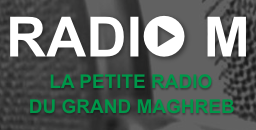 On December 15th 2015, ILD's Hernando de Soto conducted an interview in French on Algeria's Radio M. During the interview he spoke about the informal economy and the root causes of the Arab Spring.
On December 15th 2015, ILD's Hernando de Soto conducted an interview in French on Algeria's Radio M. During the interview he spoke about the informal economy and the root causes of the Arab Spring.
 On December 15th 2015, ILD's Hernando de Soto conducted an interview in French on Algeria's Radio M. During the interview he spoke about the informal economy and the root causes of the Arab Spring.
On December 15th 2015, ILD's Hernando de Soto conducted an interview in French on Algeria's Radio M. During the interview he spoke about the informal economy and the root causes of the Arab Spring.
 Este año la lista de 50 intelectuales iberoamericanos de esglobal es probablemente más heterogénea que nunca. Hay algunos clásicos, desde luego. También hay nombres que serán desconocidos para parte de nuestros lectores, nombres que sin embargo están marcando líneas nuevas, y diferentes, en sus respectivas disciplinas.
Este año la lista de 50 intelectuales iberoamericanos de esglobal es probablemente más heterogénea que nunca. Hay algunos clásicos, desde luego. También hay nombres que serán desconocidos para parte de nuestros lectores, nombres que sin embargo están marcando líneas nuevas, y diferentes, en sus respectivas disciplinas.
![]() A Peruvian economist, Hernando de Soto, made a study of Egyptian real estate in the late 1990s and early 2000s, and estimated that it took six to 14 years to register a dwelling on desert land bought from the state, and that registering one built on agricultural land bordered on the impossible.
A Peruvian economist, Hernando de Soto, made a study of Egyptian real estate in the late 1990s and early 2000s, and estimated that it took six to 14 years to register a dwelling on desert land bought from the state, and that registering one built on agricultural land bordered on the impossible.
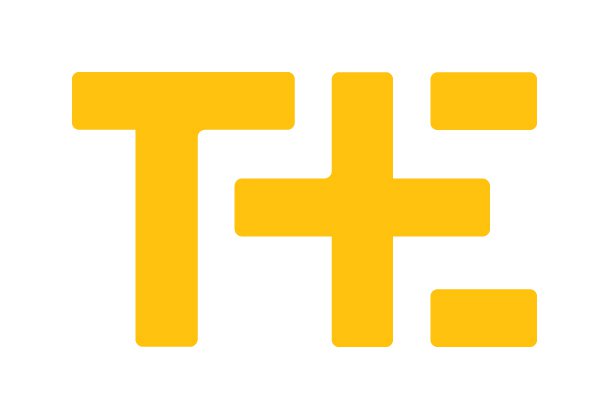 Hernando de Soto, the Peruvian economist and anti poverty campaigner, estimates that five billion people live without adequate records. They face serious challenges in documenting their economic activities, their assets, even their existence.
Hernando de Soto, the Peruvian economist and anti poverty campaigner, estimates that five billion people live without adequate records. They face serious challenges in documenting their economic activities, their assets, even their existence.
Until now, de Soto has depended on political persuasion to try to address this problem. But now he’s getting help from new technologies that could fast-track the creation of permanent registries and give people manifest power to execute their property rights. One of the most promising solutions arises from open-source software called the block chain that underlies digital currencies such as Bitcoin.

Un encuentro histórico sostuvo el economista peruano Hernando de Soto con el Dalai Lama, Tenzin Gyatso, en el pueblo de Dharamsala, en la India. El líder espiritual del Tibet, lo invitó a su residencia en el exilio, junto a un exclusivo grupo de intelectuales de relevancia internacional.
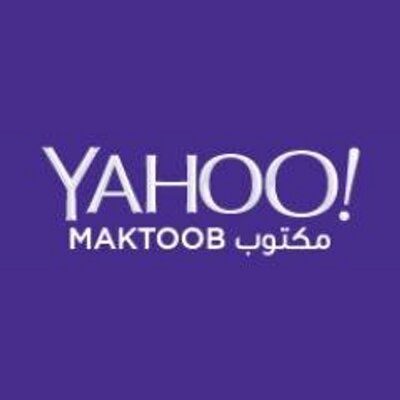 In an exclusive interview with Al Jazeera, Daniel Hannan, secretary-general of the Alliance of European Conservatives and Reformists (AECR), stressed the aim of organising a summit of centre-right-wing parties in Tunisia was not an attempt to impose Western norms on Muslim-majority countries.
In an exclusive interview with Al Jazeera, Daniel Hannan, secretary-general of the Alliance of European Conservatives and Reformists (AECR), stressed the aim of organising a summit of centre-right-wing parties in Tunisia was not an attempt to impose Western norms on Muslim-majority countries.
Hannan said the aim of the event was, on the contrary, an attempt to stress shared principles on both sides of the Mediterranean through strengthening mainstream free-market and conservative parties in emerging democracies in North Africa and the Middle East.
 Between 1990 and 2012, Peru’s middle class grew four times faster than the rest of Latin America’s. Why? Because it is an emancipation movement that has been metamorphosing for half a century: From low-income classes to migrants, then to “informals,” the sector from which the new middle class has emerged as the engine of Peru’s impressive economic growth.
Between 1990 and 2012, Peru’s middle class grew four times faster than the rest of Latin America’s. Why? Because it is an emancipation movement that has been metamorphosing for half a century: From low-income classes to migrants, then to “informals,” the sector from which the new middle class has emerged as the engine of Peru’s impressive economic growth.
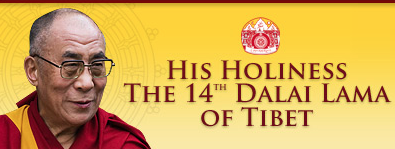 The theme for the first panel of the second day of the American Enterprise Institute’s Symposium with His Holiness the Dalai Lama was the ‘Power of Free Enterprise’. Panellists were Hernando de Soto from the Institute for Liberty and Democracy, Shiv Khemka of the Global Education & Leadership Foundation and Vishnu Swaminathan of Ashoka Innovators for the Public. Sadanand Dhume was moderator.
The theme for the first panel of the second day of the American Enterprise Institute’s Symposium with His Holiness the Dalai Lama was the ‘Power of Free Enterprise’. Panellists were Hernando de Soto from the Institute for Liberty and Democracy, Shiv Khemka of the Global Education & Leadership Foundation and Vishnu Swaminathan of Ashoka Innovators for the Public. Sadanand Dhume was moderator.
 America is the land people set sail for–to get away from big government, to find freedom, to make their fortune. We have to first understand what made America great before we can even think about influencing the rest of the world. Some candidates for President like Hillary Clinton and Sen. Marco Rubio think we should spread American style-freedom and democracy around the world.
America is the land people set sail for–to get away from big government, to find freedom, to make their fortune. We have to first understand what made America great before we can even think about influencing the rest of the world. Some candidates for President like Hillary Clinton and Sen. Marco Rubio think we should spread American style-freedom and democracy around the world.

Bill Tai is a venture capitalist and a kite-surfing fanatic who combines the two whenever possible. In addition to being a partner at Charles River Ventures, he co-founded nonprofit MaiTai Global, a professional networking group that merges work, play and philanthropy.
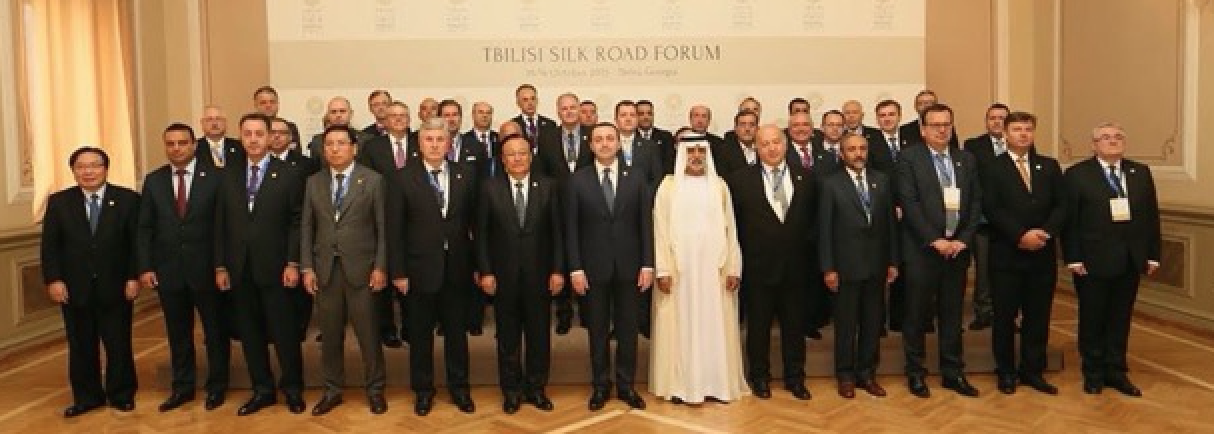 Peruvian economist Hernando de Soto opened the first Silk Road Forum on Thursday (October 15th, 2015), the event brought in around 800 attendees from thirty countries to the Georgian capital Tbilisi in order to address the future of this large project. In his speech, De Soto emphasized the importance of infrastructure in developing countries, specifically in regard to the Silk Road union from the XXI century that will link China with Europe.
Peruvian economist Hernando de Soto opened the first Silk Road Forum on Thursday (October 15th, 2015), the event brought in around 800 attendees from thirty countries to the Georgian capital Tbilisi in order to address the future of this large project. In his speech, De Soto emphasized the importance of infrastructure in developing countries, specifically in regard to the Silk Road union from the XXI century that will link China with Europe.
![]() El economista peruano Hernando de Soto abrió hoy el foro Ruta de la Seda, que congrega en la capital georgiana a unos 800 asistentes de una treintena de países para abordar el futuro de ese grandioso proyecto. En su intervención, De Soto destacó la importancia de las infraestructuras en el desarrollo de los países, precisamente el nexo de unión de la Ruta de la Seda del siglo XXI que enlazará China con Europa.
El economista peruano Hernando de Soto abrió hoy el foro Ruta de la Seda, que congrega en la capital georgiana a unos 800 asistentes de una treintena de países para abordar el futuro de ese grandioso proyecto. En su intervención, De Soto destacó la importancia de las infraestructuras en el desarrollo de los países, precisamente el nexo de unión de la Ruta de la Seda del siglo XXI que enlazará China con Europa.
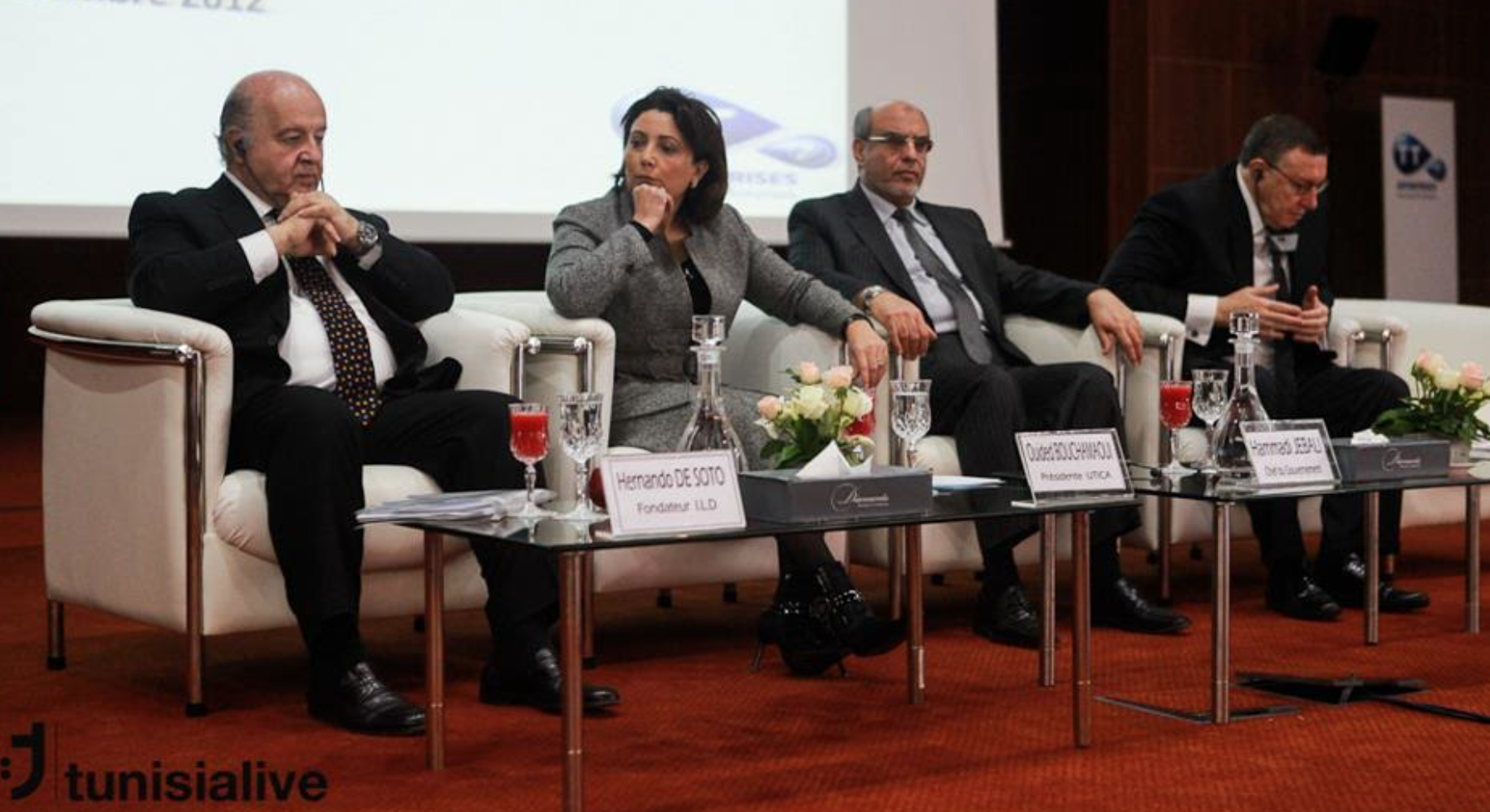 The ILD would like to send a big congratulations to Wided Bouchamaoui, founder of the Maghreb Council for Inclusive Entrepreneurship, who was one of the four winners in Tunisia's National Dialogue Quartet for the 2015 Nobel Peace Prize. The award was granted to them based on their efforts in Tunisia's peaceful democratic transition after the Arab Spring. The Council groups the most important business institutions in Algeria, Morocco, Tunisia, Mauritania and Libya.
The ILD would like to send a big congratulations to Wided Bouchamaoui, founder of the Maghreb Council for Inclusive Entrepreneurship, who was one of the four winners in Tunisia's National Dialogue Quartet for the 2015 Nobel Peace Prize. The award was granted to them based on their efforts in Tunisia's peaceful democratic transition after the Arab Spring. The Council groups the most important business institutions in Algeria, Morocco, Tunisia, Mauritania and Libya.
 The first day of the Silk Road Forum featured addresses by distinguished keynote speakers, allowing business executives and policymakers to share their views, experiences and expertise on how to reestablish the historic Silk Road to reinvigorate trade with Asia.
The first day of the Silk Road Forum featured addresses by distinguished keynote speakers, allowing business executives and policymakers to share their views, experiences and expertise on how to reestablish the historic Silk Road to reinvigorate trade with Asia.